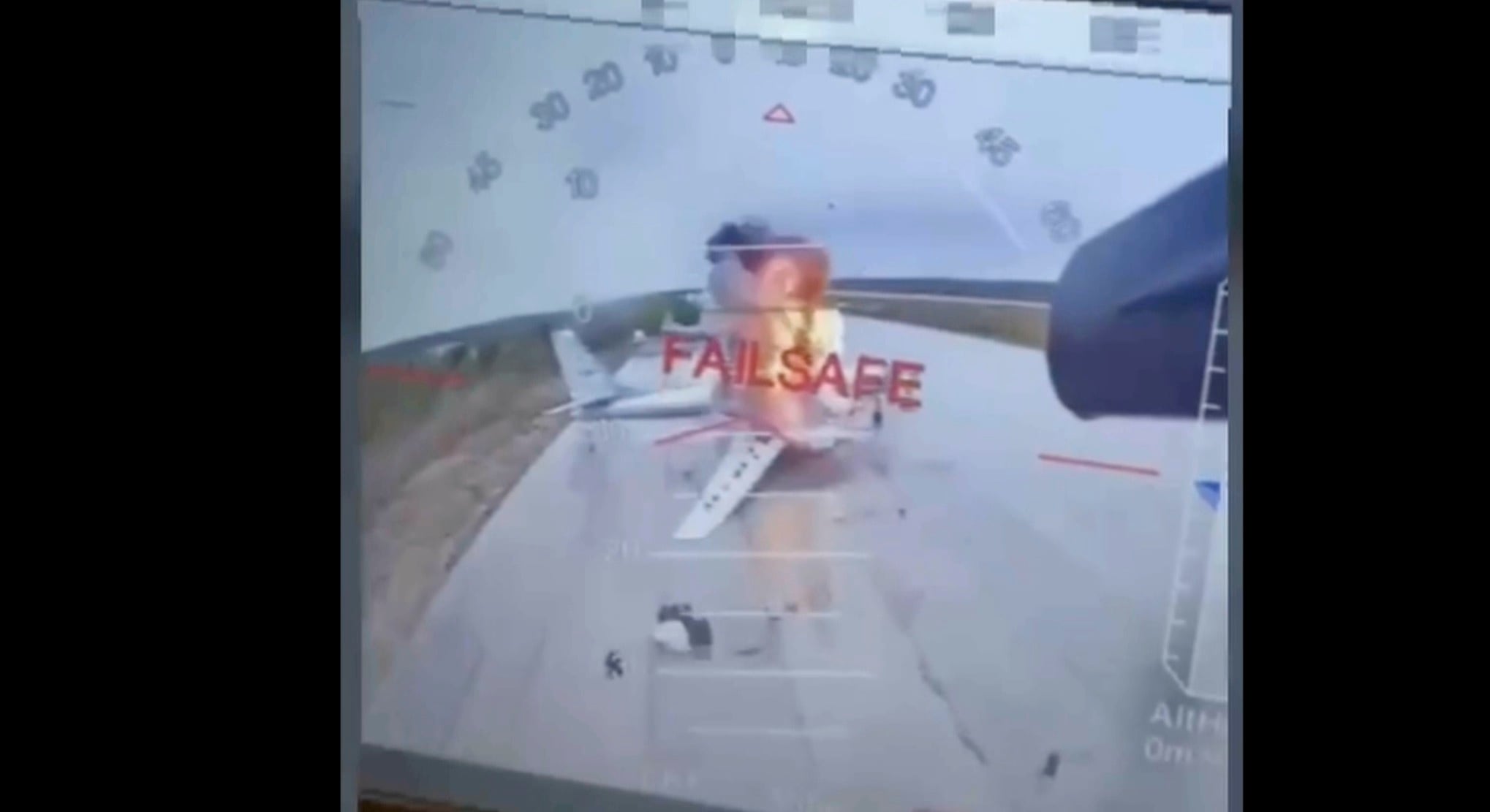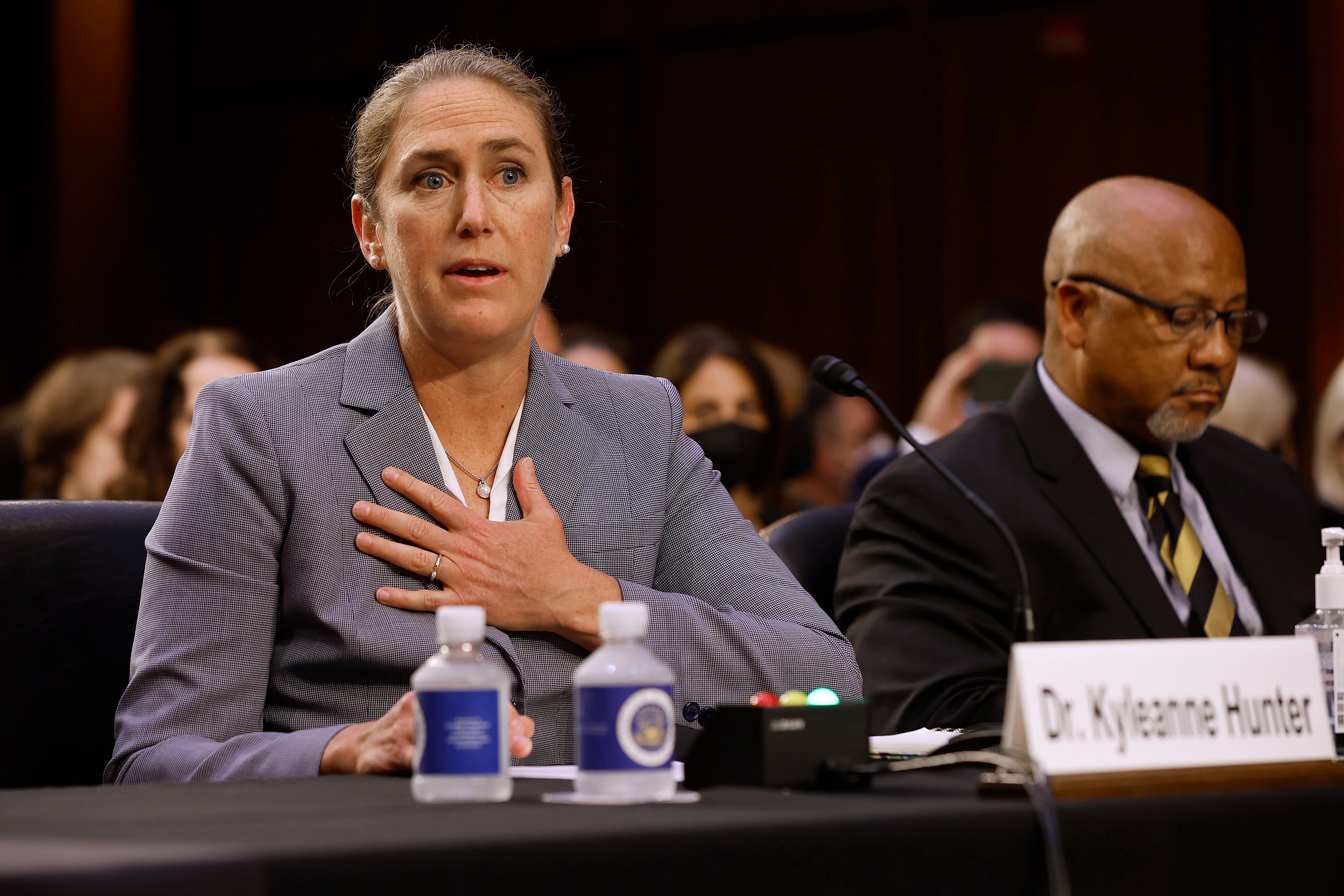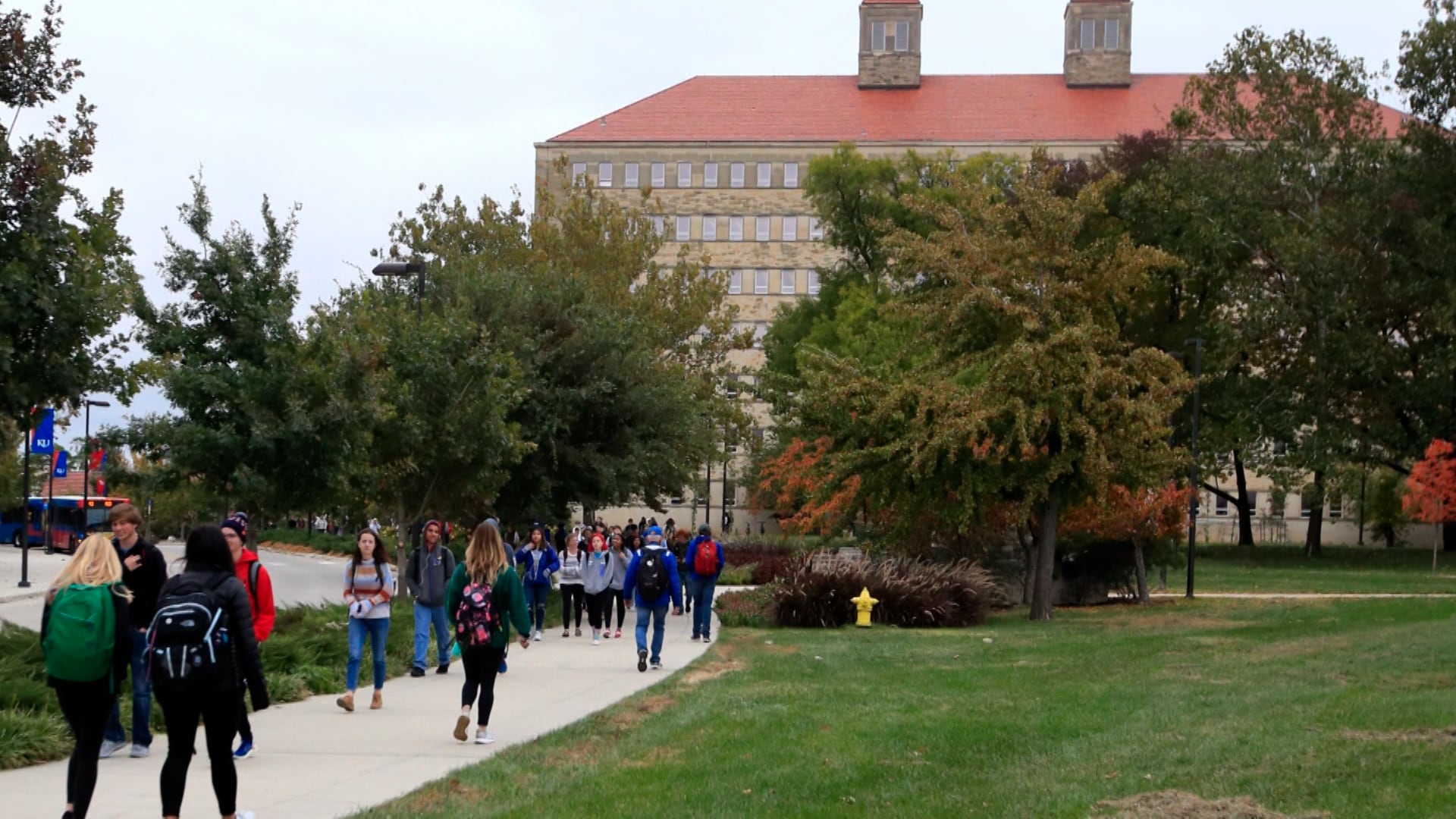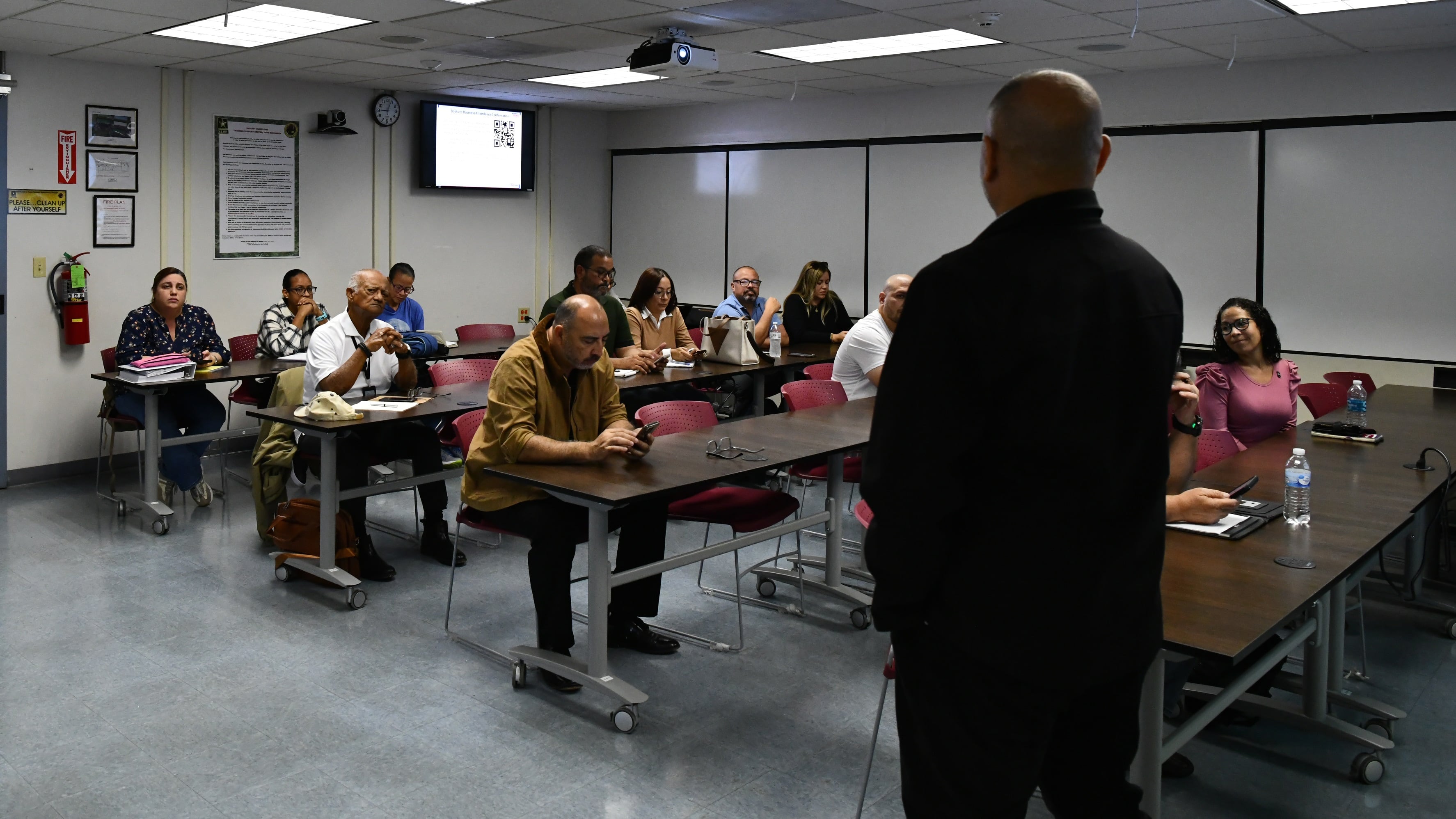Editor’s note: This article has been updated.
Among the branches of the United States military, the National Guard is unique. It serves as a reserve force ready to be deployed to combat overseas and it is also available to help respond to natural disasters and other emergencies here at home.
If used wisely, the National Guard is an invaluable asset to our national security and well-being. However, we have become concerned that the Guard is being used for an increasing number of missions outside of its core functions. That is why we, along with a group of other retired civilian and military leaders, recently published a statement attempting to help recalibrate the use of the National Guard.
In recent years, Guard members have been asked to execute an increasing variety of nontraditional missions. They have patrolled the border, taught in high schools, guarded prisons, filled in for civilian police officers, and served in a range of situations that stretch the definition of “emergency.” More and more often, governors and presidents — from both political parties — call upon the Guard to address problems that are typically handled by civilian authorities.
These missions come at a considerable cost to state and federal taxpayers, and they run the risk of diverting resources that could be dedicated to training and preparedness for core National Guard responsibilities as the primary combat reserve of the United States Army and the United States Air Force.
Even in the absence of new obligations, much is asked of National Guard members. They must be trained, equipped, and ready, when called upon, to perform a variety of different functions: to serve in combat overseas, to help respond to violent civil unrest at home and to provide assistance during domestic natural and manmade disasters. Maintaining readiness for these traditional functions is no small task, particularly given that most National Guard members balance their service obligations with full-time civilian jobs and with commitments to their families and communities.
The individual men and women of the National Guard want to be of service to their communities, and we are confident that they will execute their assigned missions to the best of their ability, no matter the task. At a certain point, however, overuse of the National Guard threatens the Guard’s ability to effectively execute core missions — missions that protect lives and property. It threatens the Guard’s readiness and availability to respond to genuine disasters or to be deployed to combat overseas.
And it threatens the public trust in the National Guard and the broader United States military. Often, nontraditional deployments coincide with a particular political agenda, and that appearance, warranted or not, can erode the trust that the Guard depends on to effectively execute its missions.
These are the considerations that we and our colleagues emphasize in our statement: mission preparedness, overall readiness and public trust. We think that these values should guide determinations about when to deploy the National Guard and should counsel in favor of restraint when there are other tools available.
Having helped inform decisions to deploy the National Guard, we fully recognize that they can be challenging. Often, it is state governors who must take on the considerable responsibility of deploying their National Guard units, and they must do so based on their own understanding of the need and the risks. Civilian political leaders are the ones who ultimately make these decisions. Voters are the ones who ultimately hold them accountable.
It is for this reason that we offer principles, not prescriptions. We hope that these principles will help spark a thoughtful public conversation about the appropriate use of the National Guard. And we welcome engagement and feedback both from those of you in uniform and from interested members of the American public.
Alongside our fellow retired civilian and military leaders at Count Every Hero, we are committed to doing our part to ensure that the National Guard remains a strong and ready military force worthy of the faith of the American people. We hope our elected leaders will do their part by endeavoring to deploy the National Guard only in the best interests of their states and our nation.
Daryl Bohac, a retired general, formerly served as Adjutant General for the Nebraska National Guard. Joseph Lengyel, a retired general, served as the 28th chief of the National Guard Bureau. Craig McKinley, a retired general, served as the 26th chief of the National Guard Bureau. Allyson Solomon, a retired general, formerly served as Assistant Adjutant General for the Maryland Air National Guard. Paul Stockton formerly served as Assistant Secretary of Defense for Homeland Defense and Americas’ Security Affairs.





